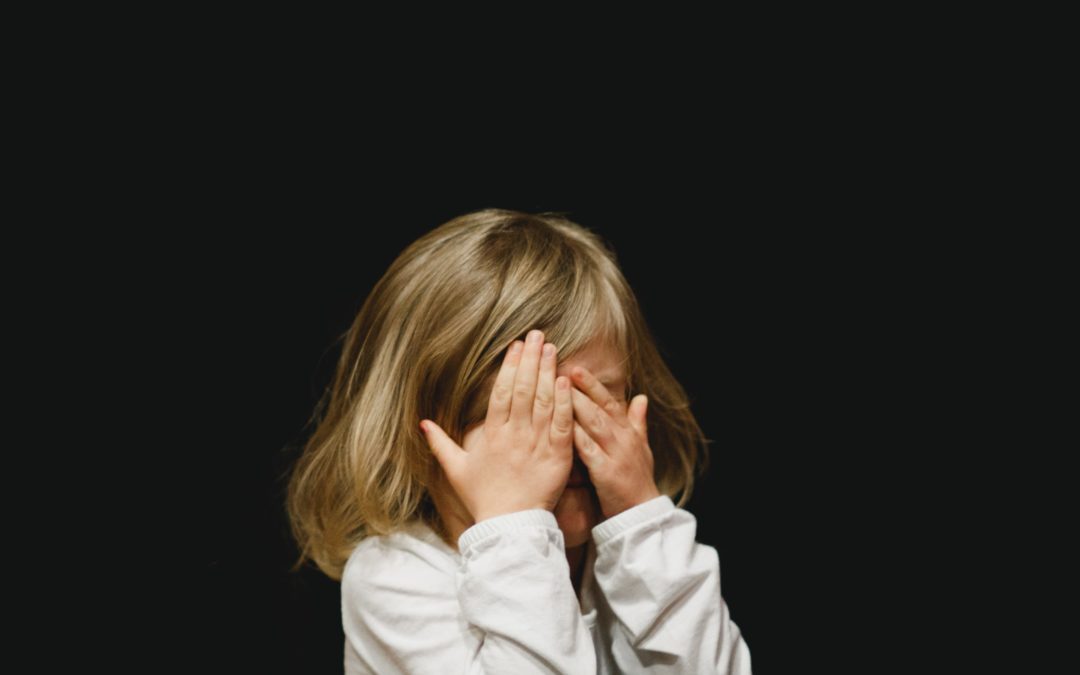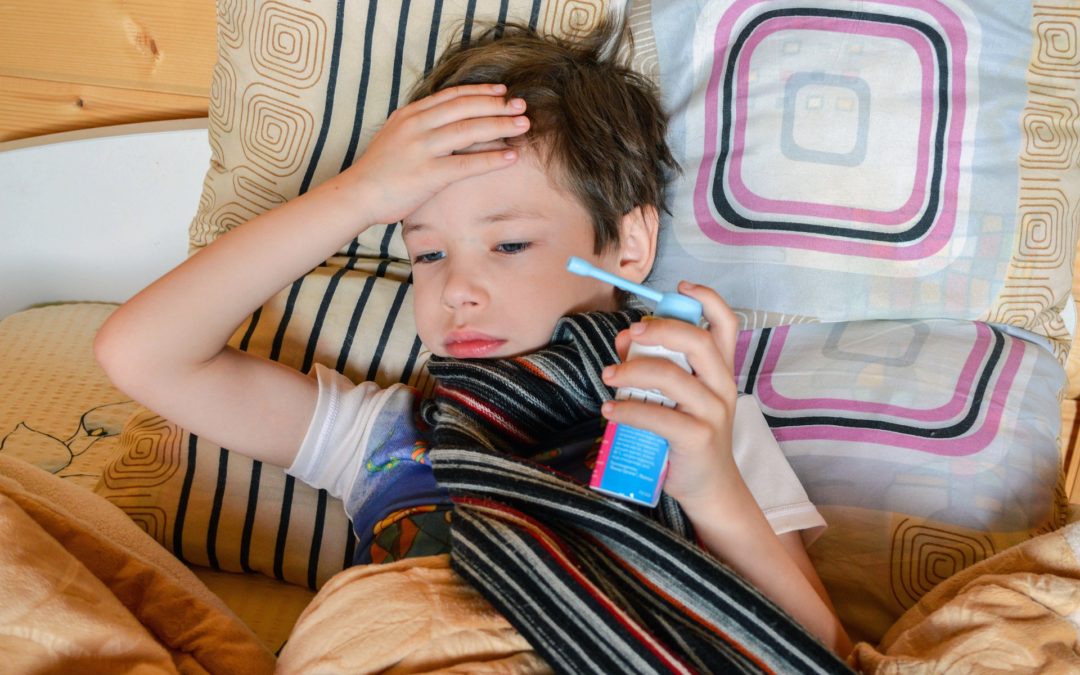In these days of social media, children can already have a hard enough time fitting in. So how do we help a child through a loss and how can we encourage them to deal with their losses comfortably, confidently, and in a healthy way?
Above all, how do we teach them not to compare themselves to others when they experience emotional trauma? Life may suddenly seem impossibly unfair to them. How do we encourage our children to look forward to the same high expectations they had before their loss?
By being emotionally honest when we experience our own losses, we can teach our children that it is OK to show a true and natural expression of their own feelings of sadness and make them feel confident that we will accept their actions, their words and their tears.
NORMALITY AND ROUTINE
As parents, it is natural to want to protect our children from the harsh reality of loss. When someone significant in a child’s life dies, their view of the world and their sense of security are threatened. Children learn their coping mechanisms from the adults around them. They may not always hear what the adults are saying but they will always watch what they do. It is important therefore that the adults around them keep their behaviour and routines as normal and familiar as possible.
DO NOT WITHHOLD YOUR GRIEF OR DISTORT THE FACTS
Very often the bereaved father tries to be the strong one for his family, believing he should be the one who doesn’t fall apart or let his tears show. The truth is you can’t be anything for anyone else. By being strong and hiding your own pain, you are inadvertently teaching your child to withhold their own pain too.
Sharing everything in honesty with our children is the best thing we can do. The way we teach them how to cope with their losses in childhood sets a pattern for the rest of their lives.
Trying to distort the facts of life and death in an attempt to soften the truth for younger children, can inadvertently create a mystery around death which may then force them to use their imaginations to fill in the blanks and adds further confusion.
Related article: The Grief Survival Guide: An Extract from Jeff Brazier’s New Book
LET THEM ASK QUESTIONS
Naturally, we want to shield our children but we need to show that it is as important to share in death and loss as a family and a community, as it is to share in life. Experiencing loss events together brings us closer and is part of the cycle of life. In their natural curiosity, they may ask lots of questions. Let them. They will ask as much or as little as they need to know. By giving simple and factual answers we can tell them the truth and by doing so we are teaching them a very natural part of life – that at some stage all life must come to an end.
LET THEM COMMUNICATE THEIR FEELINGS
By accepting and experiencing all life events as they occur we can live meaningfully as long as we can process emotional events practically as they arise.
Let your children know that you are there for them. Create a safe space where they can talk about how the loss. Don’t offer an opinion but be open in your body language. Feed backwards to show you understand but don’t interrupt their flow. Do not analyse what they are feeling and don’t compare your own loss experience. Comparisons minimise the importance of their feelings and can affect their self- esteem and confidence, creating imaginary failings where there are none. When they are finished, be ready with a hug if they want one.
We are not carbon copies of one another. When we feel judged or compared with other people, we start to doubt if what we are feeling is right and acceptable to others and we begin to question ourselves, so children may make changes to try to fit in which aren’t natural or right for them. If you teach your children to communicate their feelings with those they love in safety, it can give them the confidence they need to just get out there and live and above all that it is ok to still have those sad days. Everyone we love remains a part of us.
About the author
Lianna Champ has over 40 years’ experience in bereavement and grief recovery. Her new book How to Grieve Like a Champ is out 07 June 2018, priced £9.99. To find out more go to: www.champfunerals.com/









